Meet The Team
Research Team
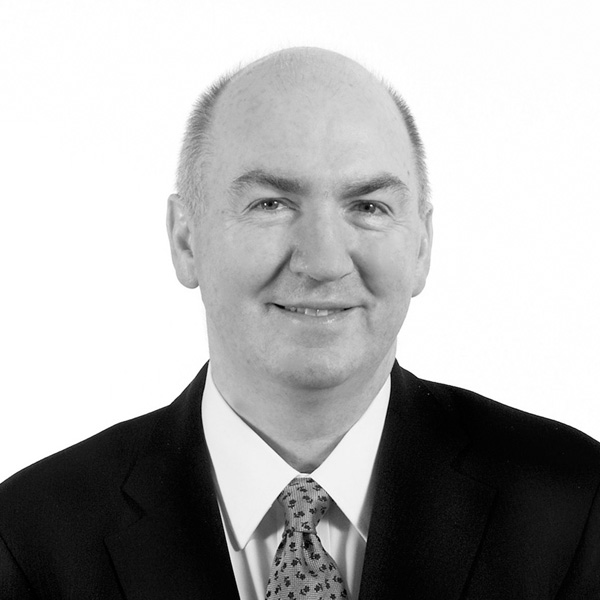
Prof. John V. Reynolds
Head of Dept. of Surgery
Contact: reynoldsec@stjames.ie
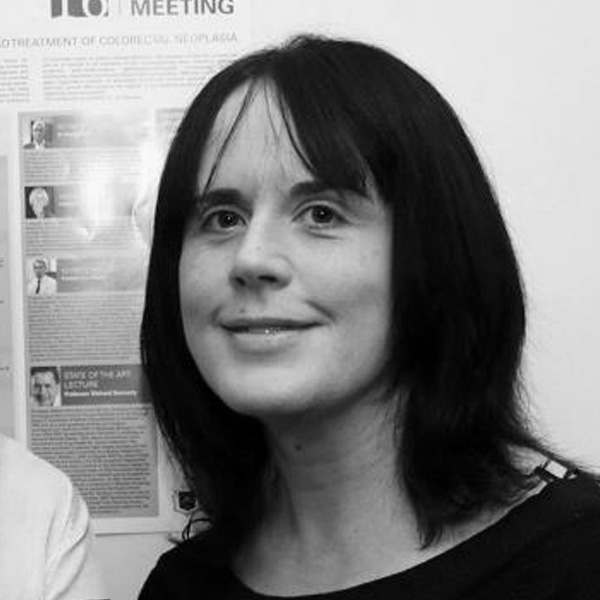
Prof. Jacintha O’Sullivan
Role: Professor in Translational Oncology, Director of MSc.Translational Oncology
Contact: osullij4@tcd.ie
Prof. Jacintha O’Sullivan is a Professor in Translational Oncology, based at the Trinity Translational Medicine Institute (TTMI), St. James’s Hospital. She is the Director of the MSc in Translational Oncology, Education lead for the Trinity, St. James’s Cancer Institute and the Education and Outreach Coordinator in TTMI. Jacintha graduated from University College Dublin in 1995 with a first class honours degree in Cell Biology and Molecular Genetics. She then carried out Ph.D. training at the Adrinodack Biomedical Research Institute, Lake Placid, New York and at the University of Notre Dame, Indiana in cancer cell biology. In 2000, she moved to the University of Washington, Seattle as a NIH funded postdoctoral fellow where she investigated how cellular instability events are crucial in driving disease progression in inflammatory diseases and cancer. In 2003, Jacintha returned to Dublin to the Centre for Colorectal Disease, St. Vincent’s University Hospital/UCD as a Senior Scientist to establish and direct a translational gastrointestinal research program. She was appointed as Associate Professor in the Department of Surgery, Trinity College Dublin/St. James Hospital in 2010 and promoted to Professor in 2016.
Currently, Prof O’Sullivan directs a translational gastrointestinal (GI) research team in the Trinity Translational Medicine Institute (TTMI) in collaboration with clinical and surgical colleagues. She utilises well established bio-banking structures to drive this GI translational research program. She is internationally recognised in the area of translational gastrointestinal work with many publications in high impact journals and her work has attracted funding from many different sources; Science Foundation Ireland, Health Research Board, Irish Cancer Society, Irish Research Council and from industry collaborators. She has published 3 patents and has graduated a large number of postgraduate Ph.D. and MD students. She is passionate about career mentoring for Ph.D’s and research fellows. Prof. O’Sullivan’s current translational research themes include;
- Development of diagnostic platforms to stratify cancer risk and response to targeted therapies for gastrointestinal diseases.
- Development of novel patented therapeutics to be used in the neoadjuvant and adjuvant treatment setting for gastrointestinal cancer patients (Colorectal and Oesophageal cancers).
- Elucidating how the tumour microenvironment cross talks to the immune system in GI patients.
- Importance of metabolism, inflammation and obesity in driving disease progression and in regulating treatment response.
The outputs of these translational themes will benefit patient care, treatment and management for gastrointestinal diseased patients.

Dr Aoife Cannon
Research Area: The complement system in oesophageal cancer
Contact: cannona@tcd.ie
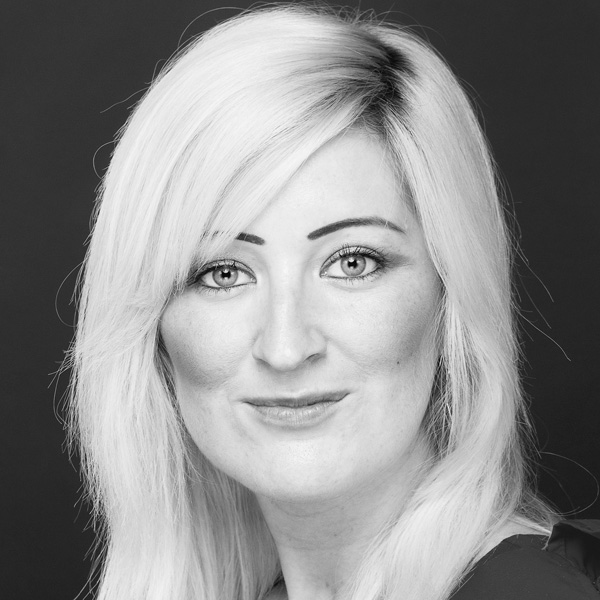
Dr Melissa Conroy
Research Area: Cancer Immunology
Contact: meconroy@tcd.ie
BSc (Hons): NUI Maynooth
PhD: NUI Maynooth
Irish Research Council Government of Ireland Postdoctoral Fellowship: Targeting T cell trafficking as a novel means to control obesity-associated chronic inflammation.
Research Interests: Cancer, liver disease, chemokines, immunotherapeutics, T cells, NK cells, inflammation, obesity.Obesity is a serious global health problem affecting 500 million adults and over 40 million children worldwide. It is now estimated to be directly responsible for up to 20% of cancer deaths and has the strongest association with oesophageal adenocarcinoma (OAC), of all malignancies. OAC has the fastest growing incidence of all cancers in Ireland and the increasing prevalence of obesity is thought to be one of the main contributing factors for this. Furthermore, obesity is also responsible for increased prevalence of non alcoholic fatty liver disease (NAFLD) which results from altered lipid content and excessive inflammation in the liver. New therapies are urgently required to improve patient survivorship in OAC and to treat and prevent the clinical manifestions of excessive fat in the liver, which are observed in as many as 76% of obese individuals.
The Irish Research Council-funded fellowship is focussed on elucidating the potential of novel chemokine receptor antagonists as an immunotherapeutic target for OAC through which tumour-specific T cell responses can be redirected away from the adipose tissue and liver and toward the tumour. The overall aims of our immunological studies are to improve patient prognosis and survivorship for OAC and alleviate the detrimental complications of obesity in the liver.

Dr Noel Donlon
Research Area: Novel treatments for oesophageal cancer
Contact: donlonn@tcd.ie
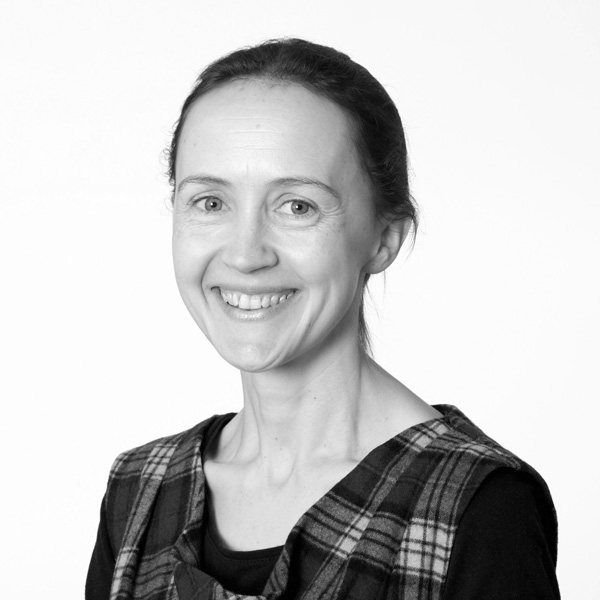
Dr Cliona Lorton
Research Area: C-Reactive Protein in cancer
Contact: clorton@tcd.ie
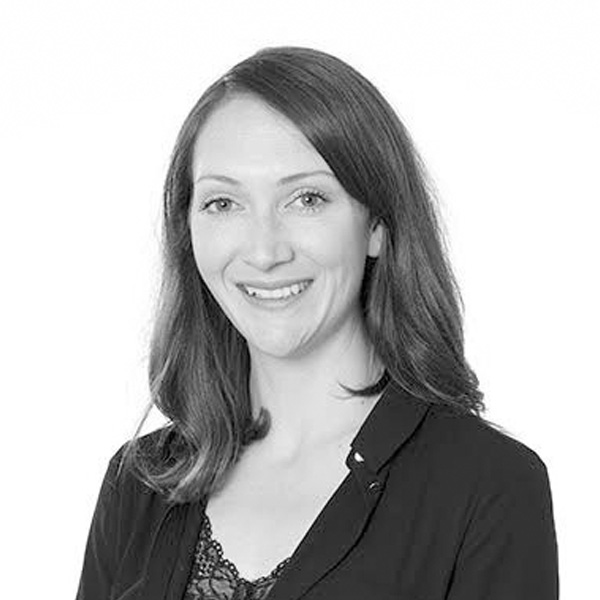
Dr Niamh Lynam-Lennon
Research Area: Treatment Resistance in Gastrointestinal Cancer
Contact: lynamlen@tcd.ie
Dr Niamh Lynam-Lennon graduated from Dublin City University with a B.Sc. in Analytical Science in 2007 and received her PhD in cancer biology from Trinity College Dublin in 2011. Dr Lynam-Lennon is currently a Research Assistant Professor in the Dept. of Surgery, Trinity College Dublin, where she leads a research group in the area of chemoradiation therapy resistance in gastrointestinal cancer. Her research interests are focused on two main areas; prediction of response to therapy and identification of novel treatment strategies to enhance the tumour response to therapy, with the ultimate goal of improving treatment and survival for patients. Dr Lynam-Lennon’s work has resulted in a number of important publications and she has been awarded over € 1.1 million in funding as a PI. Dr Lynam-Lennon is also actively involved in science education and outreach. She is currently Treasurer of the Irish Association for Cancer Research and the Irish Radiation Research Society
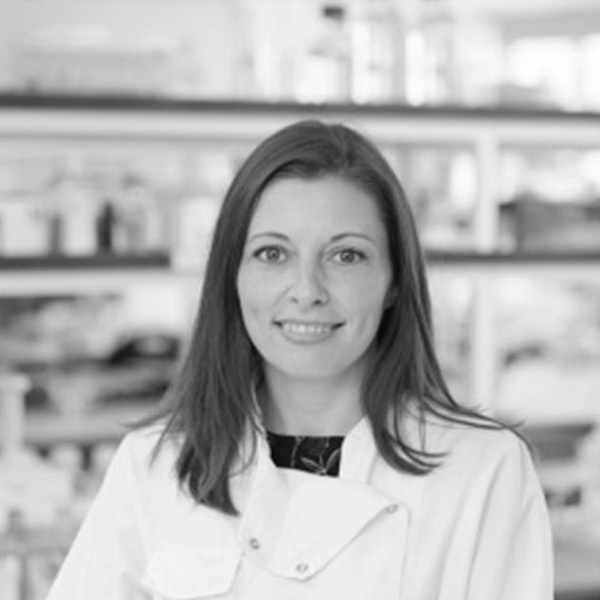
Dr Joanne Lysaght
Research Area:Cancer Immunology
Contact: jlysaght@tcd.ie

Dr Simone Marcone
Research Area: Novel drugs for oesophageal cancer
Contact: MARCONES@tcd.ie
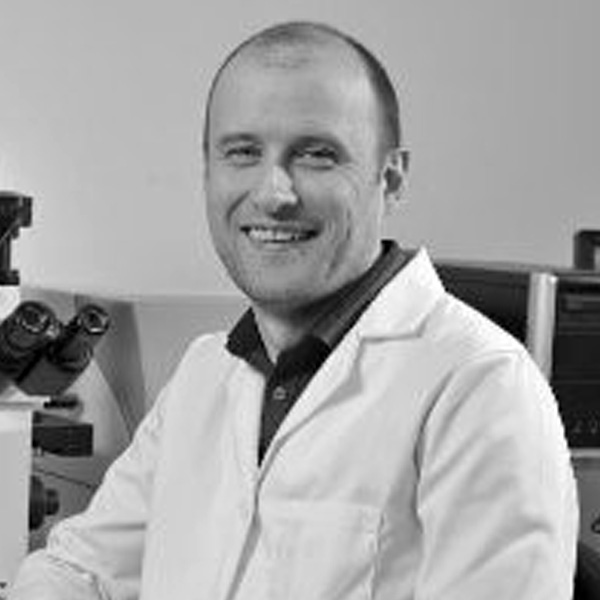
Dr Stephen Maher
Research Area: Radiation oncology, MicroRNAs
Contact: maherst@tcd.ie
Dr Stephen Maher graduated from RCSI in 2004 with a PhD in Oncology. Having spent 3 years as a visiting fellow at the National Cancer Institute in the USA, in 2007 he returned to Ireland and the Department of Surgery at Trinity College Dublin, St. James’s Hospital as a research fellow. In 2010 he established his on group having secured an Irish Cancer Society Fellowship and HRB project grants in 2011 and 2012, all in the area of radiation research. In 2012 Stephen moved to the University of Hull and Hull York Medical School as a senior lecturer where he lead the Cancer Biology and Therapeutics lab. During his time at Hull he gained teaching qualifications, and is a fellow of the UK Higher Education Academy. Subsequently he developed and directed the MSc in Translational Oncology, as well as undergraduate cancer biology teaching. Additionally, he acquired funding for and established an optical imaging and radiotherapy core at the University of Hull, and aided in establishing the local tumour biobank for translational cancer studies. He has successfully supervised 5 PhD students and has mentored a number of postdoctoral researchers. He has secured in excess of €1m in competitive research funding, and is well published in the field of oesophageal cancer and therapeutics research. In 2016 Stephen returned to TCD as the Ussher Assistant Professor in Translational Oncology.

Dr Sarah McGarrigle
Research Area: Breast Cancer
Contact: smcgarr@tcd.ie
Dr Sarah McGarrigle graduated with a BSc (hons.)in Biochemistry from University College Dublin in 2003. She completed her PhD in the Royal College of Surgeons in 2007 which focused on investigating the role of homocysteine and its thiolactone derivative in promoting platelet activation and thrombosis. She joined the Dept. of Surgery, Trinity College Dublin in 2009 as the upper gastrointestinal biobank manager. In 2011 she joined the laboratory of Prof. Elizabeth Connolly to establish and co-ordinate the departmental breast Cancer Research Program. In addition to her role as a researcher, she actively lectures on the MSc in Translational Oncology and BSc in molecular Medicine courses in Trinity College Dublin.
Research Summary:
Our group’s major research interest involves investigating the role of lifestyle factors including obesity and its associated metabolic syndrome in breast cancer initiation and progression. A major focus of our group is investigating the potential to reduce breast cancer risk in women with a germline BRCA 1/2 mutation. To this end we are conducting a prospective study to investigate predictive and modifiable risk factors for the development of breast cancer in a cohort of BRCA mutation carriers. This project will also examine the effect of these lifestyle factors surrogate markers of cancer risk including telomere length and oxidative stress in this patient cohort. In addition we are currently investigating the molecular events involved in driving the development and progression of sporadic breast cancer in the context of obesity and the metabolic syndrome. Of particular interest is the role of mammary adipose tissue in this disease. This project will also examine how obesity and the metabolic syndrome affect this adipose tissue depot. Central to our research, we maintain a breast cancer blood and tissue biobank of high quality samples linked to up to date clinical information. This biobank provides us with the patient material necessary to meet our research objectives.
Projects:
Influence of modifiable lifestyle factors on breast cancer risk in BRCA mutation carriers.
Role of mammary adipose tissue in driving breast tumour progression.
PIK3CA mutations in obesity associated breast cancer (collaboration with Prof. Bryan Hennessy & Dr. Sinead Toomey).
Role of vitamin D in obesity associated breast cancer (collaboration with Prof. JoEllen Welsh University at Albany, New York).
Expertise
Familial breast cancer, BRCA mutations, Lifestyle factors, Biomarkers, telomere length, oxidative stress, adipose tissue, obesity, metabolic syndrome.

Dr Graham Pidgeon
Role: Associate Professor in Translational Oncology, Trinity College
Contact: pidgeong@tcd.ie
Dr. Graham Pidgeon is an Associate Professor at Trinity College Dublin and a principle investigator at the Trinity Translational Medicine Institute at St. James’s Hospital. He established the MSc in Translational Oncology at TCD in 2012 and has acted as Director and Course co-ordinator for that program. Dr. Pidgeon’s research interests focus on the molecular pathways linking excess adipose tissue and visceral obesity with tumour development, progression and response to treatment in a range of solid malignancies. The group have a particular interest in the molecular pathways activated in cancer cells within the obese tumour microenvironment, including the activation of immune cell subsets in visceral adipose tissue, alterations in tumour metabolism and how obesity drives the EMT process in solid malignancies. Other areas of interest include the role of bioactive lipid enzymes, including cycloxygenase and lipoxygenase, in tumour cell signalling pathways and metastasis. Recent research has focused on the combination of molecular targeted therapies with chemotherapy and radiation therapy in gastrointestinal cancers. Through national and international collaborations the group are investigating the potential of novel pharmacological and naturally occurring LOX inhibitors as anti-angiogenic and anti-cancer agents. The ultimate aim of this research program is to identify novel therapeutic targets that may prevent the development and/or progression of multiple cancers, through understanding the molecular mechanisms behind the disease.
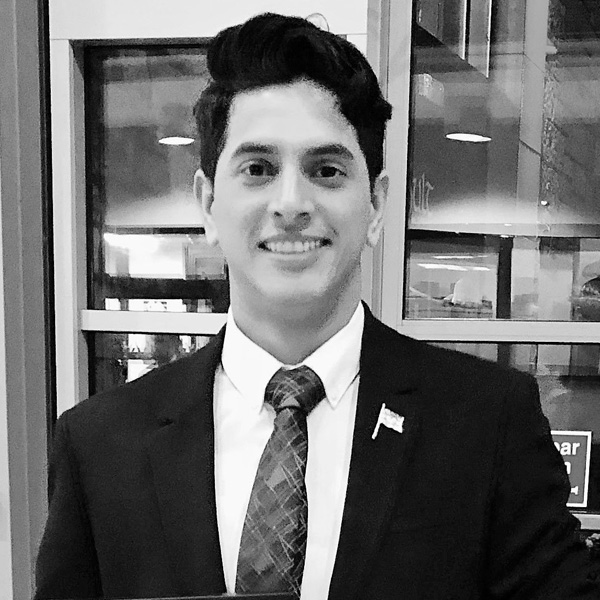
Anshul Bhardwaj
Research Area: Upper GI Biobank Manager
Contact: anshul.bhardwaj@tcd.ie
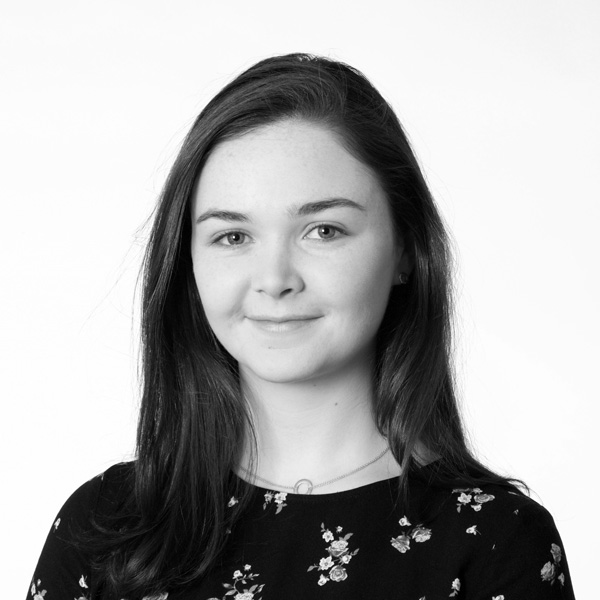
Croi Buckley
Research Area: Colorectal cancer
Contact: bucklecr@tcd.ie
Croi graduated with a B.Sc. Honours degree in Human Health and Disease from Trinity College Dublin in 2016, having completed her final year project in the University of Göttingen, Germany. In 2017 Croi completed the M.Sc. in Translational Oncology, run by the department of Surgery in Trinity College Dublin. She was then given the opportunity to undertake a Ph.D with Dr. Niamh Lynam-Lennon. Her project focuses on the role of cellular metabolism in the response of rectal cancer to radiation therapy, and is funded by the Health Research Board (HRB).
Rectal cancer (often described together with cancer of the colon as ‘colorectal cancer’ or ‘bowel cancer’) is a common cancer in Ireland and worldwide, with poor survival rates. Chemo-radiation therapy has been demonstrated to be very effective for some patients with rectal cancer to shrink tumours before surgery. However, a large proportion of patients who receive this treatment have a poor response, and their tumours do not decrease in size as intended. This means that patients can often face a delay to surgery, and undergo undesirable effects of radiation without any gain. Previous work in our department has shown that cancer cell metabolism (how cells get their energy to survive and grow) is associated with response to radiation therapy in oesophageal cancer. Building on this research, Croi’s project is looking at whether the energy metabolism of rectal cancer cells is also associated with whether or not patients respond to radiation therapy. She is also investigating if we can improve response of cancer cells to radiation, possibly providing a future alternative therapy for patients predicted not to respond to normal treatment. Hopefully in the future, this may allow to us stratify patients according to their predicted response to radiation therapy, to improve their treatment plan and therefore improve their chance at survival.
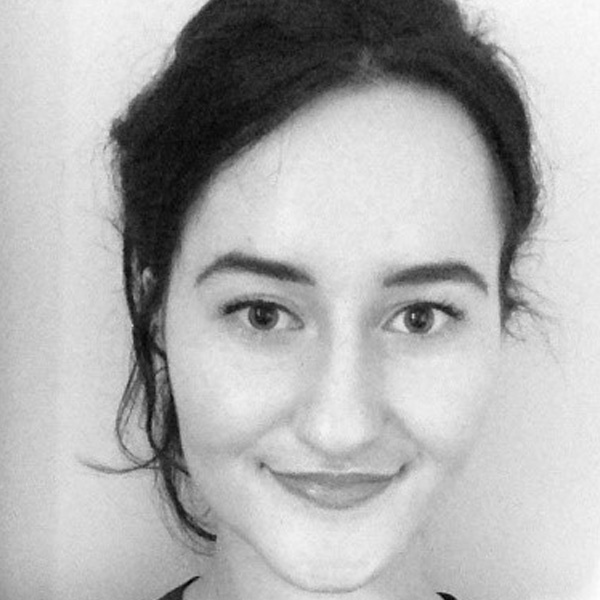
Maria Davern
Research Area: Oesophageal Cancer
Contact: davernma@tcd.ie
PhD Project title: Investigating the applicability of novel cancer immunotherapies in upper gastrointestinal cancers and the impact of concurrent combination chemotherapy.
Maria Davern graduated with a B.Sc. double honours degree in chemistry and biology from Maynooth University in 2016. She then went on to graduate with an M.Sc. in Translational Oncology in 2017 in the Department of Surgery in the Trinity Translational Medical Institute, Trinity College Dublin. Following completion of her M.Sc., Maria was awarded a 2017 Irish Research Council Scholarship to complete a P.hD. under the supervision of Dr. Joanne Lysaght in the Department of Surgery, in the Trinity Translational Medical Institute, Trinity College Dublin, in the area of cancer immunology and immunotherapy. Maria’s research is focused on an aggressive type of cancer that affects the lower part of the food-pipe also known as the oesophagus. This type of cancer is rapidly increasing as a result of rapidly increasing obesity levels and is forecast to increase by 140% by the year 2040. Recently, an immunotherapy known as Keytruda was approved in the treatment of this type of cancer. Immunotherapy is a revolutionary new cancer treatment that stimulates the immune system to seek out and destroy cancer cells. This life-changing therapy lacks the harsh side-effects associated with chemotherapy and radiotherapy and has cured cancer in several patients. Unfortunately, only a fraction of patients benefit from immunotherapy. However, many patients receiving immunotherapy would have first received chemotherapy. Therefore, Maria’s research involves investigating the effect of chemotherapy on the efficacy of immunotherapy.

Aisling Heeran
Research Area: Rectal Cancer
Contact: heerana@tcd.ie

Laura Kane
Research Area: Pancreatic cancer
Contact: kanela@tcd.ie
Pancreatic cancer is an aggressive disease with a current 5-year survival rate of 9%. The incidence rate of this cancer is increasing every year, with 550 people in Ireland being diagnosed with pancreatic cancer each year. This cancer is often preceded by a pancreatic cyst, which over time can become malignant. Current management strategies for pancreatic cyst patients are limited, with no standard method of determining an individual patient’s risk of developing pancreatic cancer. Laura’s research focuses on identifying a novel biomarker which could stratify patients based on their risk of developing cancer. By performing Next Generation Sequencing and Proteomic Analyses on patient cyst fluid and blood serum samples, Laura aims to identify factors that could discern with patients are at a low- and high-risk of developing cancer. Laura’s project will also explore the factors within the cyst fluid which could be driving malignancy.
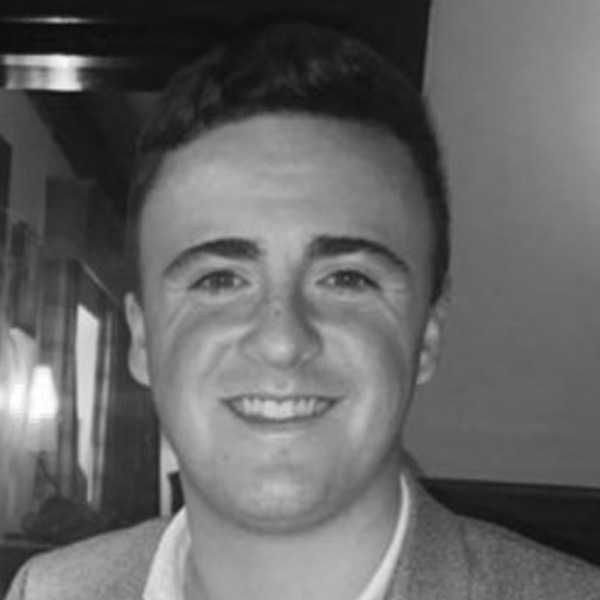
Jason McGrath
Research Area: MicroRNAs and Pancreatic Cancer
Contact: jmcgrat1@tcd.ie
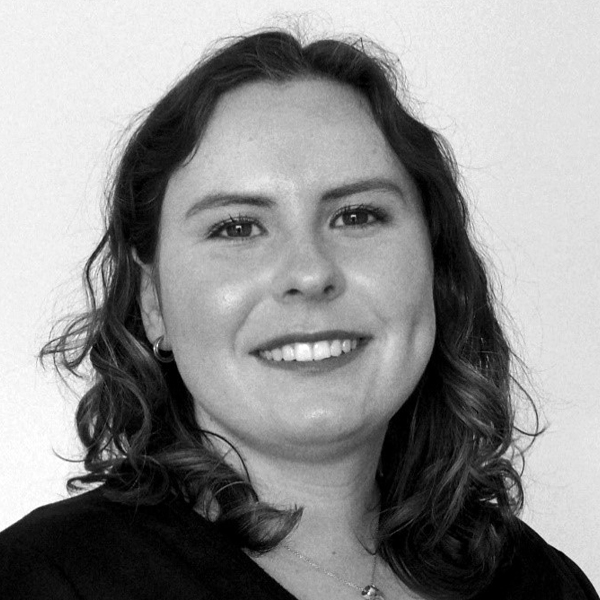
Eimear Mylod
Research Area: Cancer Immunology
Contact: mylode@tcd.ie
Eimear’s work focuses on the role of natural killer cells in oesophageal cancer.
The movement of immune cells, including natural killer cells, around the body is controlled by chemokines. In oesophageal cancer chemokines are dysregulated and immune cells are guided to the fat instead of to the tumour. Eimear’s research study will test whether targeting chemokines can redirect natural killer cell movement towards the tumour in oesophageal cancer patients.

Rebecca O’Brien
Research Area: Colorectal Cancer
Contact: obrier20@tcd.ie
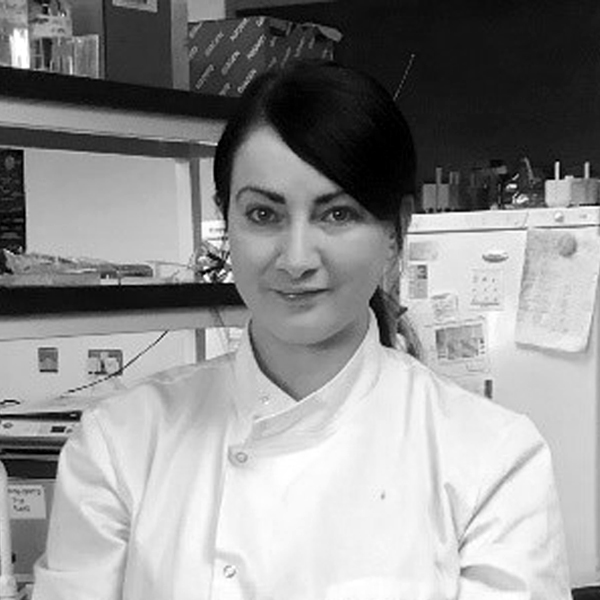
Fiona O’Connell
Research Area: Oesophageal Cancer
Contact: oconnefi@tcd.ie
Fiona’s project focuses on oesophageal cancer, investigating how obesity effects the response of the immune system. Her project looks at how adipose (fat) tissue taken from obese and non-obese patients’ effects how different cells from the immune system work. Her project will then look at whether healthy dietary fats effects how the immune system responds to radiation treatment and whether dietary fats can alter treatment response.
This is a patient-focused project which aims to develop further understanding of events controlling treatment response and resistance in oesophageal cancer patients.
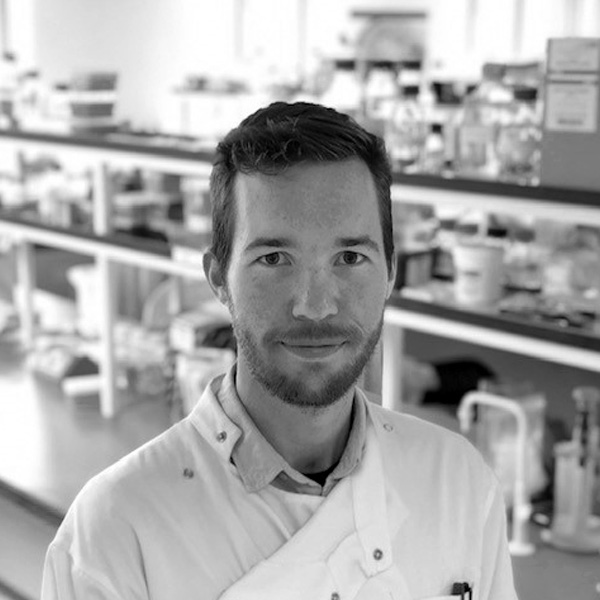
Andrew Sheppard
Research Area: Tumour Immunology
Contact: sheppaa@tcd.ie
Andrew graduated from the B.Sc. Human Health and Disease program at Trinity College Dublin in 2015, where he was selected to undertake his research project at the Karolinska Institute in Stockholm, Sweden. Andrew completed a M.Sc. Cancer program at the University College of London’s cancer institute. Currently Andrew is completing a PhD on the role of immune cells in Oesophageal Adenocarcinoma funded by the Irish Research Council.
